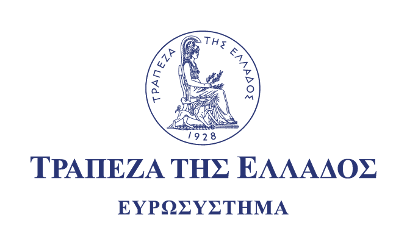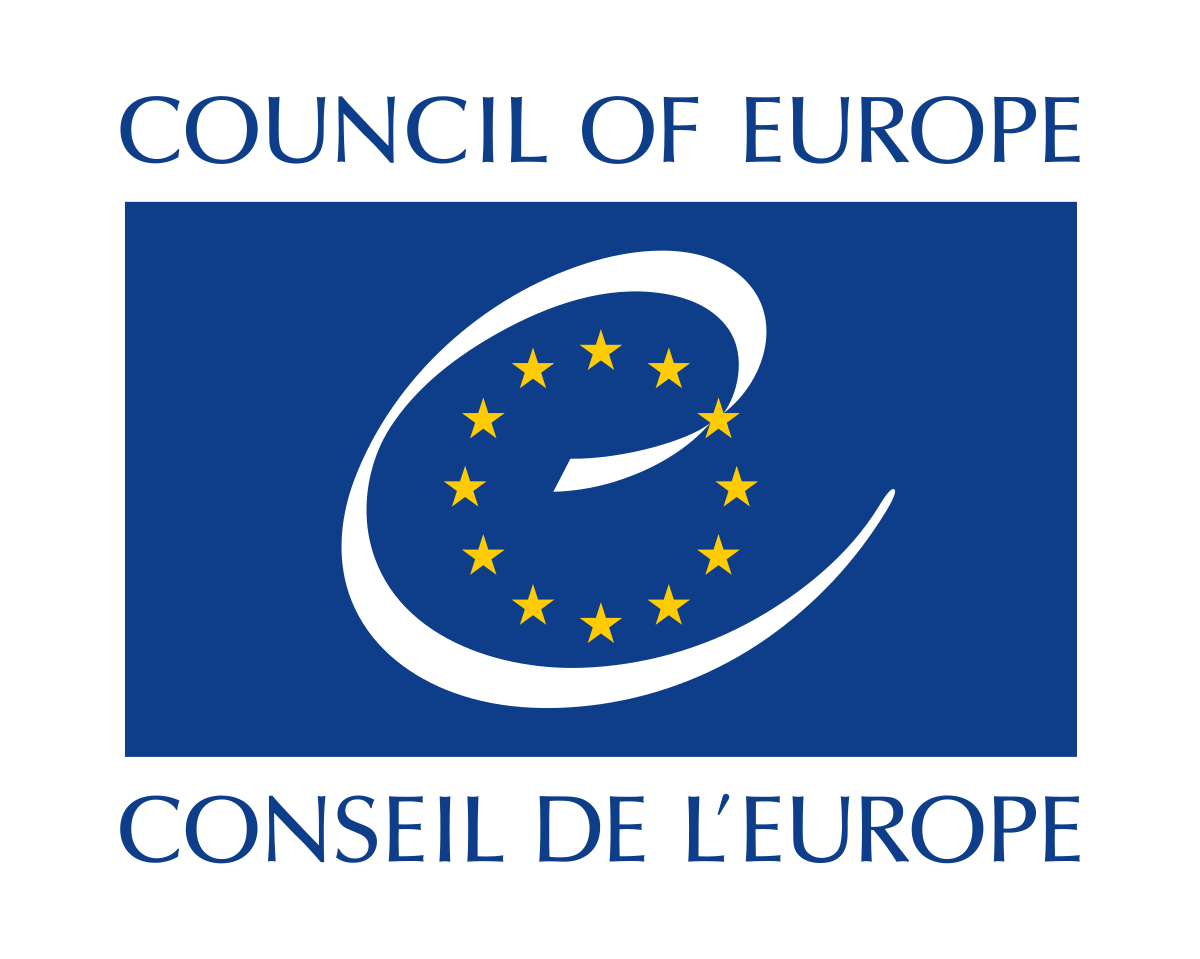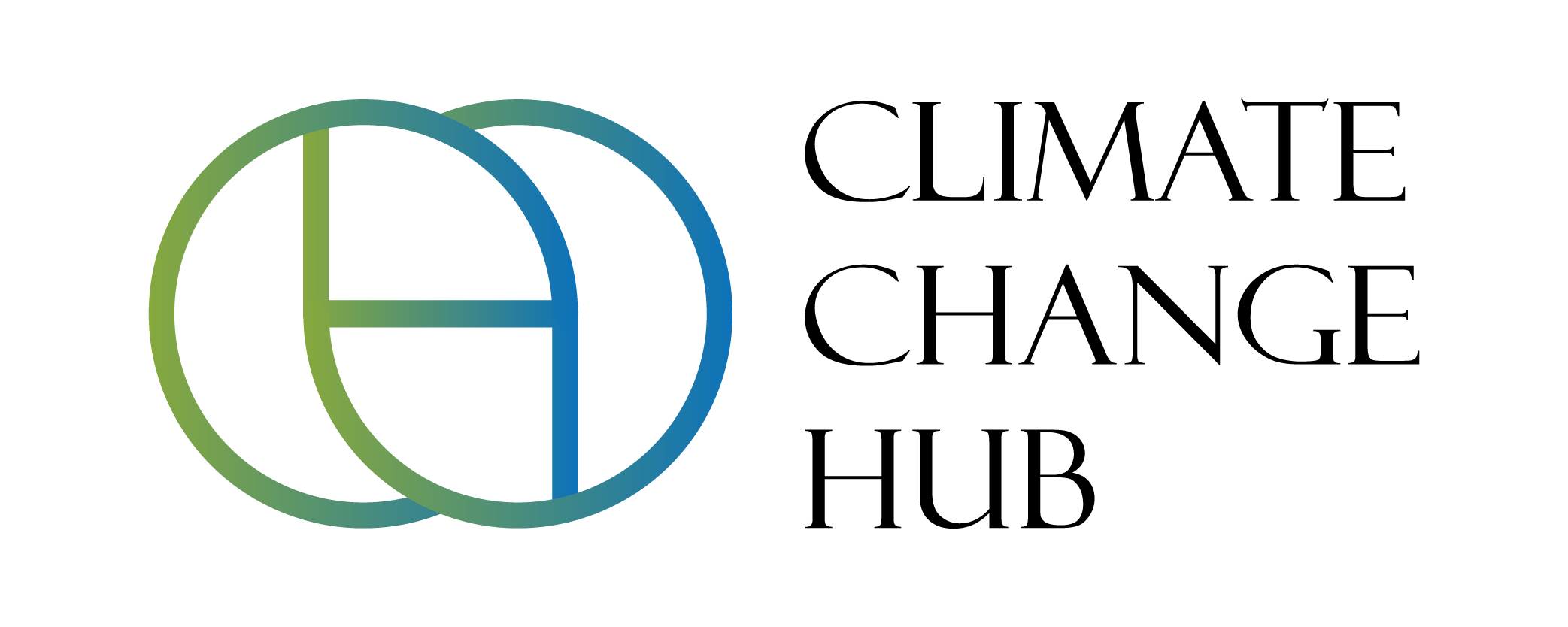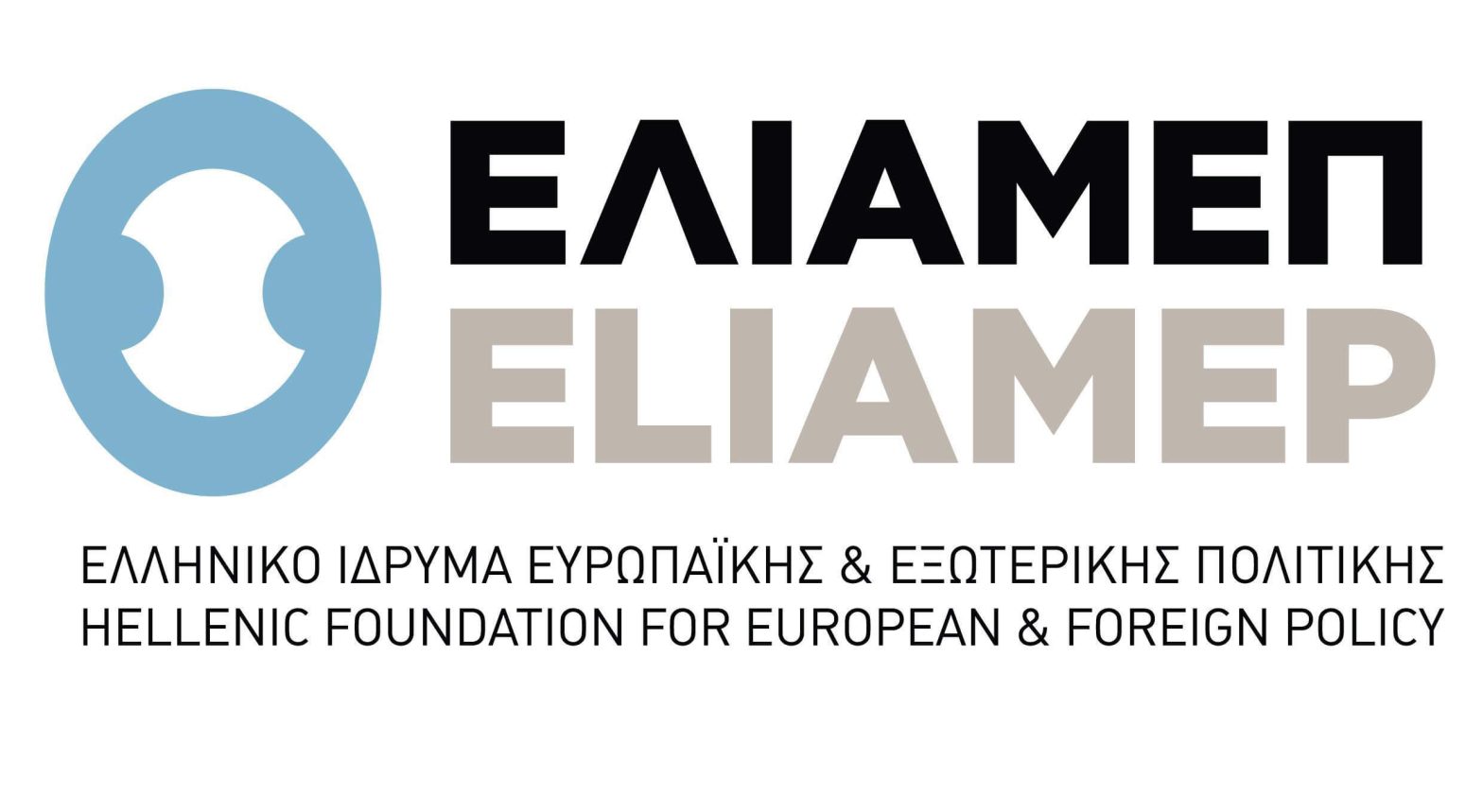The Hub

What is the Climate Change Hub
The Climate Change Hub is a scalable multi-year initiative of three international institutions: Resilience Cities Catalyst (RCC), the Democracy & Culture Foundation (DCF), and Hellenic Foundation for European & Foreign Policy (ELIAMEP), to advance progress toward climate transformation and recovery goals in Greece and the broader region of southeast Europe through cross-sectoral collaborative action that elevates community voice. It operates as an independent non-for-profit entity in the context of the program Resilience and Recovery in Greece and S.E Europe.
The Climate Change Hub (CCHub) was established to contribute to the green transition, to accelerate recovery and to achieve resilience [to climate change] both in Greece and in the Southeast Europe, by bringing to light the various players active in climate change action and their actions, thereby enabling all relevant stakeholders to take a more active role in the implementation of the green transition.
The main objective of the Hub is to map out and bring forward the various policies, initiatives and measures implemented by entities of the public and private sector and the civil society, to highlight the progress made at national level to ensure compliance with Greece’s national and European green transition commitments, and to overall facilitate a cooperative, aligned, and smooth coordination between the various stakeholders engaged in climate action in Greece.
Our vision
With the firm belief that the answers to the many challenges of our time lie in the strengthening of democratic institutions and that all stakeholders must undertake a more active role towards the achievement of the green transition, the Climate Change Hub aims to bridge the gap between scientific evidence, public policy and the civil society, by empowering social responsibility and by providing the necessary tools and equal opportunities to citizens, agencies and all actors involved in climate change, so as to ensure a coordinated course of action across the board.
Our mission
The Climate Change Hub’s mission is to contribute to the achievement of Greece’s national green transition and resilience goals, by enhancing cooperation, coordination and collaboration between government agencies, the civil society, and the scientific community.
We address four fundamental challenges that are hindering the type of transformative action needed to achieve the ambitious EU climate resilience goals set forth:
- Lack of coordinated mobilisation of cross-sectoral and siloed actors
- Lack of citizens engagement in the green transition process.
- Significant capacity gaps at the local, regional, and national levels in delivering against ambitious goals.
- Fragmentation of best-available climate knowledge and data needed to develop and implement transformative catalytic solutions
- Limited citizens’ involvement and a restricted participation of the civil society in green transition policies and action plans.
The Climate Change Hub aims to to strengthen democracy by empowering social responsibility.
Goals
Through its four pillars of activity, the Climate Change Hub aims to:
- Contribute to the dissemination of information and to enhance the communication channels between the various parties involved in climate action, through the digital platform/one stop shop.
- Accelerate the design and implementation of transformative projects focusing on green transition and resilience in municipalities across Greece, to be followed, at a later stage, by similar projects throughout the Southeast Europe,
- Inform and educate young professionals and job seekers on the green job marketplace, with an emphasis on those living in “vulnerable areas” , that are more exposed to and negatively impacted by climate change,
- Contribute to the creation of a connected community of actors involved in climate action, at national level.
Why now
The consequences of climate change, coupled with the impact of the Covid-19 crisis, have made it imperative for us all to reconsider the current socio-economic model that has long been identified as economic growth – through the lens of resilience. Immediate, prompt action and the development of the necessary tools are vital to address the challenges facing the global community.
The European Green Deal, NextGenerationEU and the new European Union Adaptation Strategy, the 12 legislative proposals of the Fit for 55 package, the REPowerEU plan, the Greek National Energy and Climate Plan and the UN Sustainable Development Goals, are all policy programmers that lead the way for the creation and implementation of climate resilience and recovery programs and policies.
The new Greek National Climate Law 4936/2022 (“Transition to climate neutrality and adaptation to climate change”) formulates the framework, sets the strategic direction, and paves the way towards climate neutrality for Greece by 2050. By virtue of its provisions, new competencies, and obligations are administered to various municipal and regional authorities – for such authorities to be able to live up to these newly administered competencies, specialized technical skills and effective tools and measures must be developed.
This necessary transformative policy progress may be hindered however by the fragmentation of specialized knowledge, climate change data and scientific information. This prevailing impediment may be overcome if all invested stakeholders (citizens, municipal and central authorities, the private sector, academia, and civil society) work together in a synchronized, cooperative approach and coordinated course of action, towards developing innovative proposals and effective solutions.
Approach
We seek to implement a more flexible approach towards policy planning and implementation, by co-designing policy solutions that are based on our unique bottom-up mapping of actors and initiatives while offering international expertise and glocal (global with local partners) networking.
It is through this multi-layered approach that citizens, local authorities, and members of the civil society are tangibly empowered and incentivized to undertake a more active role in the democratic public processes involved in the formulation of climate change and green transition policies, thereby becoming responsible and accountable for our future.
Founding partners
Resilient Cities Catalyst (RCC) is a global non-profit organization with offices in NYC and in Athens, working across the world to advance urban resilience solutions and grow a community of practice for resilience, founded by senior members of the original 100 Resilient Cities program.
The Foundation focuses on the critical issues affecting democracy, such as misinformation, technology, and climate change. Through participatory processes, it proposes specific solutions that can be implemented either through the Foundation’s programs or in collaboration with partner organizations.
The Hellenic Foundation for European and Foreign Policy (ELIAMEP) is an independent, non-governmental, nonprofit think tank, established in Athens, Greece, in 1988. Its mission is to conduct policy-oriented research and provide policy makers, academia and the public at large with authoritative information, analysis, and policy recommendations, for the development of evidence-based responses to major European and foreign policy challenges.
Strategic partners

Bank of Greece



